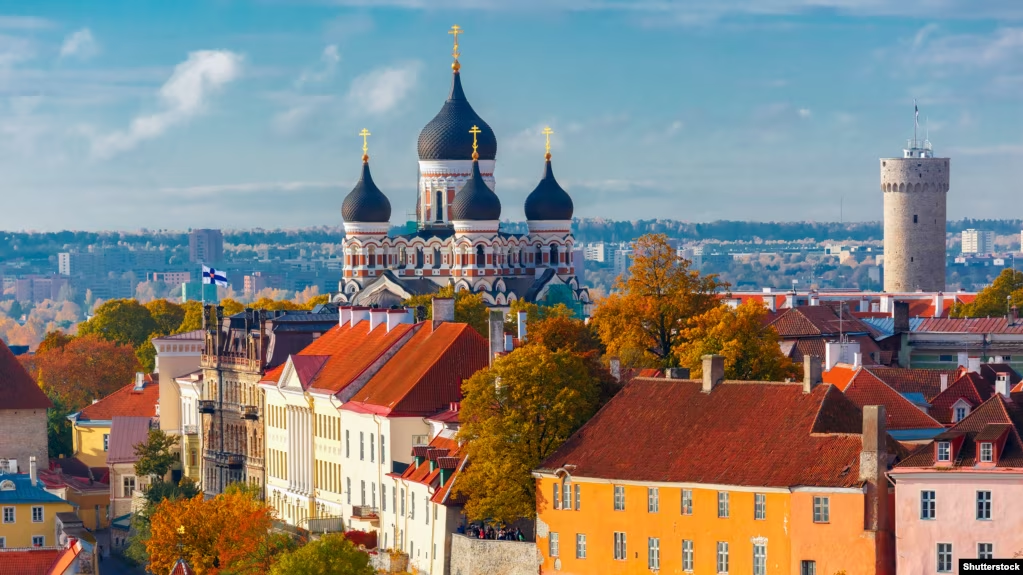At a sitting on April 9, the Riigikogu (Parliament of Estonia) passed the Act on Amendments to the Churches and Congregations Act, initiated by the Government. The aim of the Act is to ensure that religious organizations operating in Estonia cannot be used to incite hatred or violence.
The explanatory memorandum of the Act states that Estonia stands for freedom of religion, and that everyone has the freedom to choose whether to follow a religion and which religion to follow. However, in addition to respecting freedom of religion, belief and association, the state must also take into account the challenges that threaten national security and the security of society, the report reads.
“According to the Act (570 SE) passed by the Riigikogu, the churches, congregations or monasteries operating in Estonia may not be guided in their activities by a person or association located in a foreign country and having significant influence, nor linked by statutes, contracts or other documents, or economically, to a religious association, spiritual centre, governing body or spiritual leader located in a foreign country, if they pose a threat to the security or constitutional or public order of the Estonian state,” the parliament press service wrote.
Lawmakers explain that such a threat may occur, among other things, when a spiritual centre, governing body, spiritual leader, person or association supports or has supported military aggression or has called for war, a terrorist crime or otherwise unlawful use of armed force or violence.
The Act also specifies who can serve as a minister of religion or be a member of the management board of a religious association in Estonia. A person who is not allowed to reside or stay in Estonia cannot be a minister of religion or a member of the management board of a religious association. In addition, the requirements for the statutes of a religious association are specified, and the possibility is created for leaving a church whose activities, statutes, or membership of the management board do not meet the established requirements.
To do this, a congregation or a monastery has to adopt new statutes and to enter the amendments complying with the requirements into the register without the approval of the church’s governing body, as it may not be realistic to obtain such approval.
According to the Act, churches and congregations that need to bring their statutes, the membership of their management board, or their activities into line with the Act will have two months from the entry into force of the Act to do so.
Sixty members of the Riigikogu voted in favour of the passage of the Act, and 13 were against it.
As per ERR, once the law comes into force, the Estonian Orthodox Christian Church will be obliged to sever ties with the Moscow Patriarchate. The church has already said it will ask the president to assess the matter and also appeal to international organizations.
After being passed by parliament, the law will be forwarded to the presidential office, and the head of state will decide on its promulgation.
The Baltic States, including Estonia, have been supporting Ukraine in repelling Russian invasion. These countries are also investing in infrastructure to improve security on the border with Russia. In particular, Estonia plans to build 600 shelters, 14 of which will be ready this year.

